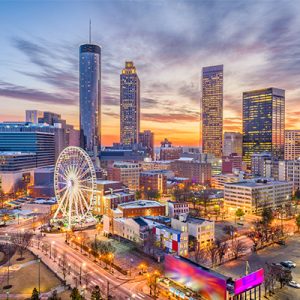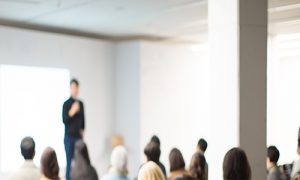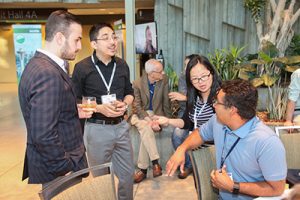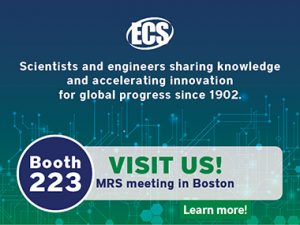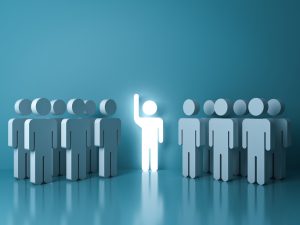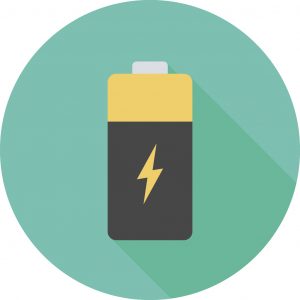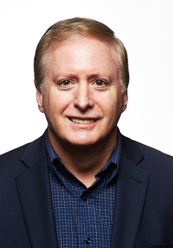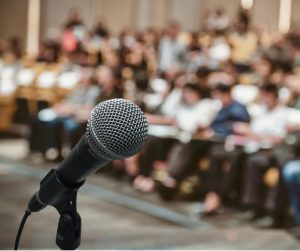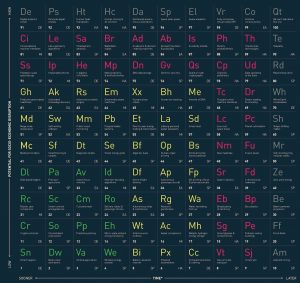
Photo Credit: Imperial College London (Click to enlarge)
The future may seem intangible, but according to Business Insider, Academics at Imperial Tech Foresight are helping us grasp just what it might look like. Inspired by the periodic table of chemical elements, the academics replaced its contents with elements we may very well one day see.
The predictions are slotted into a space across two axis: The Y-axis ranks the potential for disruption from high to low, while the X-axis determines how soon it will become a reality. All elements are also color-coded to reflect the present, 20 years into the future, and up to the far away future.
For example, green elements are a reality now: Cm – Cultured meat, Pp – Predictive policing, and Rc – Robotic care companions.
And yellow elements are those that may occur in the near future: Em – Emotionally aware machines, Mm – Public mood monitoring, and Bs – Artificial human substitutes.
(more…)
